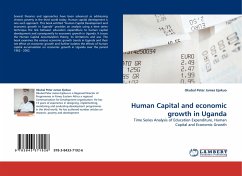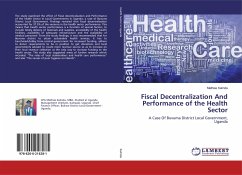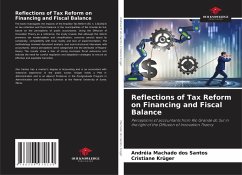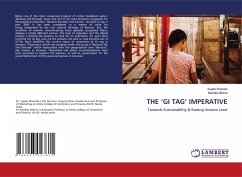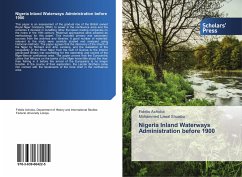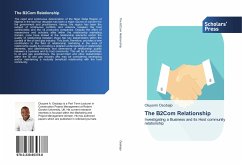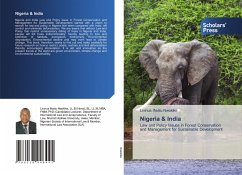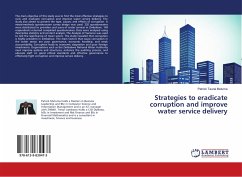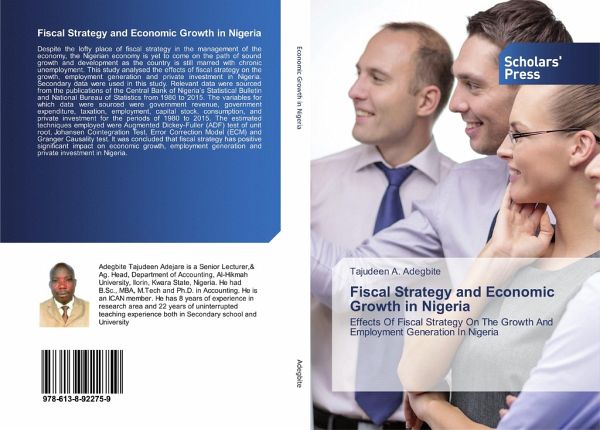
Fiscal Strategy and Economic Growth in Nigeria
Effects Of Fiscal Strategy On The Growth And Employment Generation In Nigeria
Versandkostenfrei!
Versandfertig in 6-10 Tagen
53,99 €
inkl. MwSt.

PAYBACK Punkte
27 °P sammeln!
Despite the lofty place of fiscal strategy in the management of the economy, the Nigerian economy is yet to come on the path of sound growth and development as the country is still marred with chronic unemployment. This study analysed the effects of fiscal strategy on the growth, employment generation and private investment in Nigeria. Secondary data were used in this study. Relevant data were sourced from the publications of the Central Bank of Nigeria's Statistical Bulletin and National Bureau of Statistics from 1980 to 2015. The variables for which data were sourced were government revenue,...
Despite the lofty place of fiscal strategy in the management of the economy, the Nigerian economy is yet to come on the path of sound growth and development as the country is still marred with chronic unemployment. This study analysed the effects of fiscal strategy on the growth, employment generation and private investment in Nigeria. Secondary data were used in this study. Relevant data were sourced from the publications of the Central Bank of Nigeria's Statistical Bulletin and National Bureau of Statistics from 1980 to 2015. The variables for which data were sourced were government revenue, government expenditure, taxation, employment, capital stock, consumption, and private investment for the periods of 1980 to 2015. The estimated techniques employed were Augmented Dickey-Fuller (ADF) test of unit root, Johansen Cointegration Test, Error Correction Model (ECM) and Granger Causality test. It was concluded that fiscal strategy has positive significant impact on economic growth,employment generation and private investment in Nigeria.



